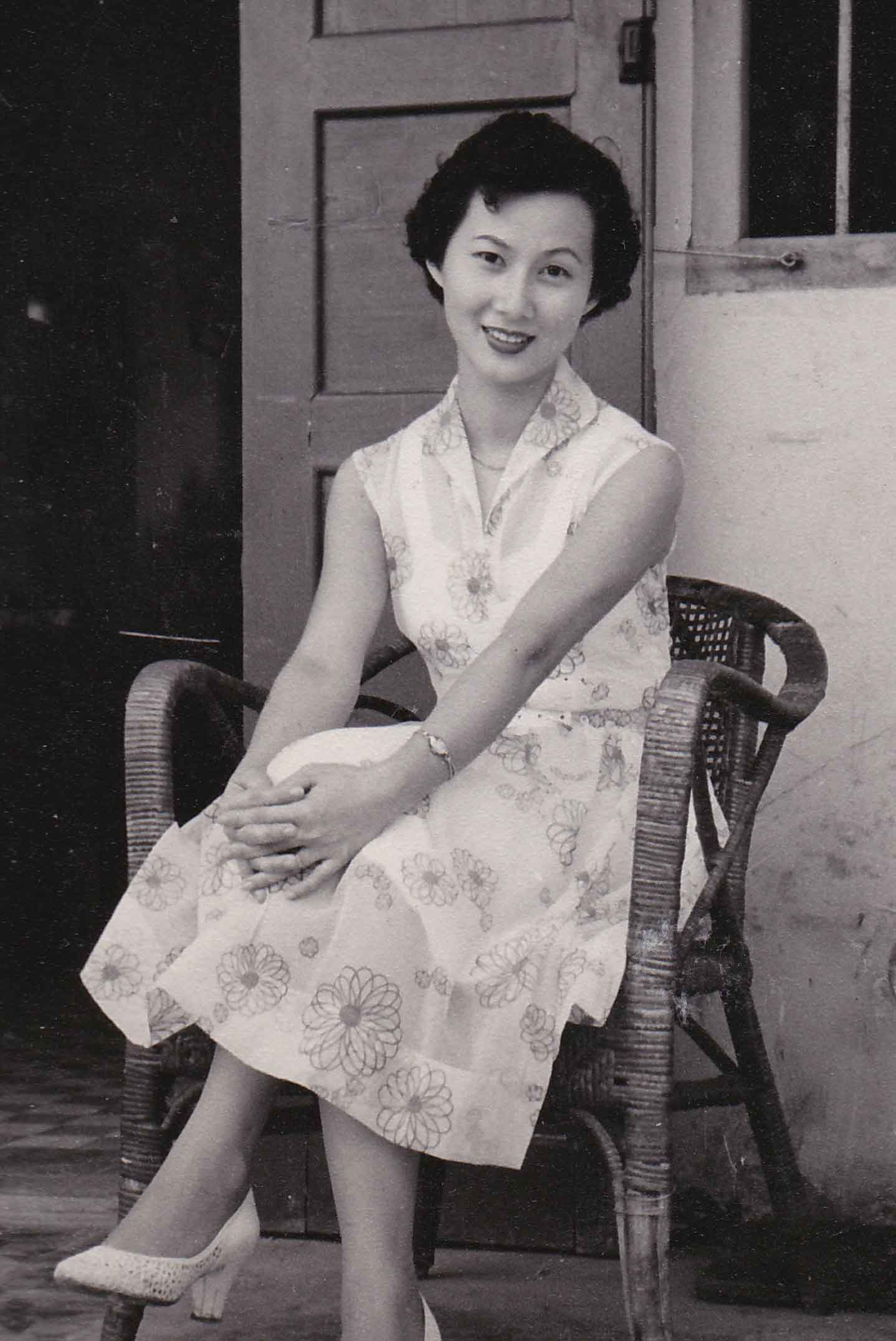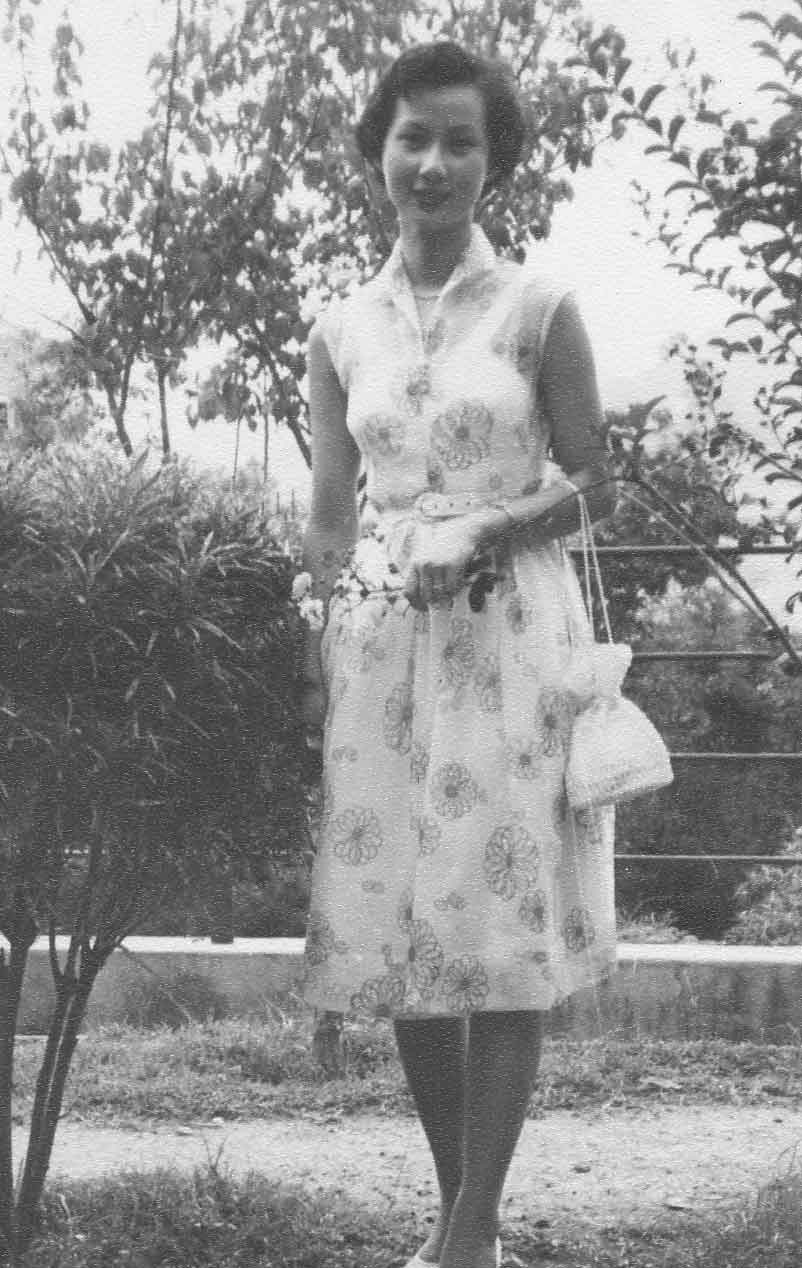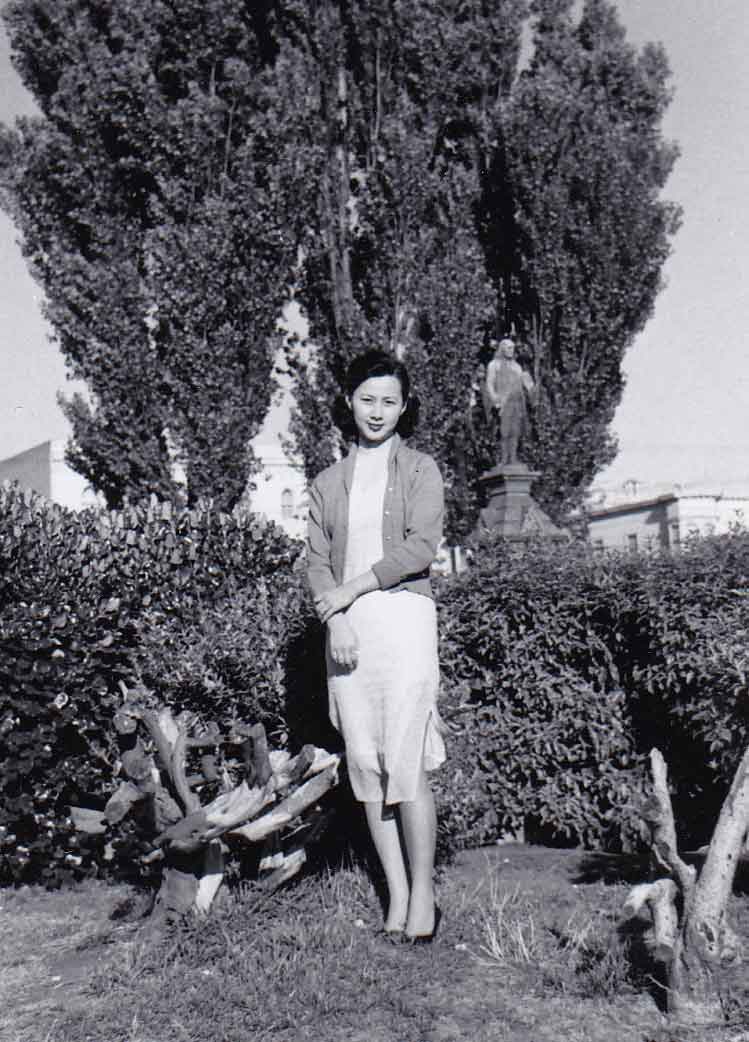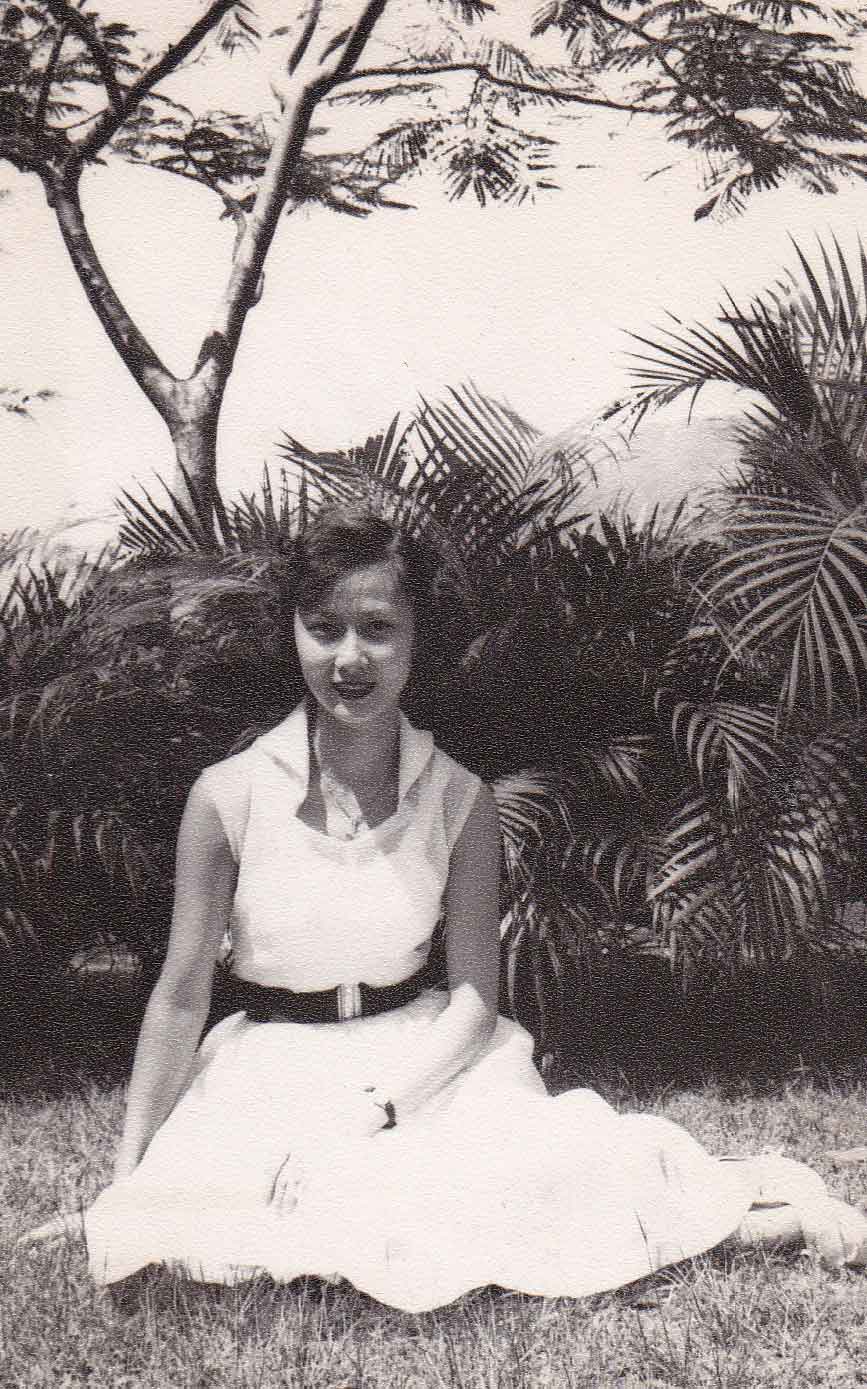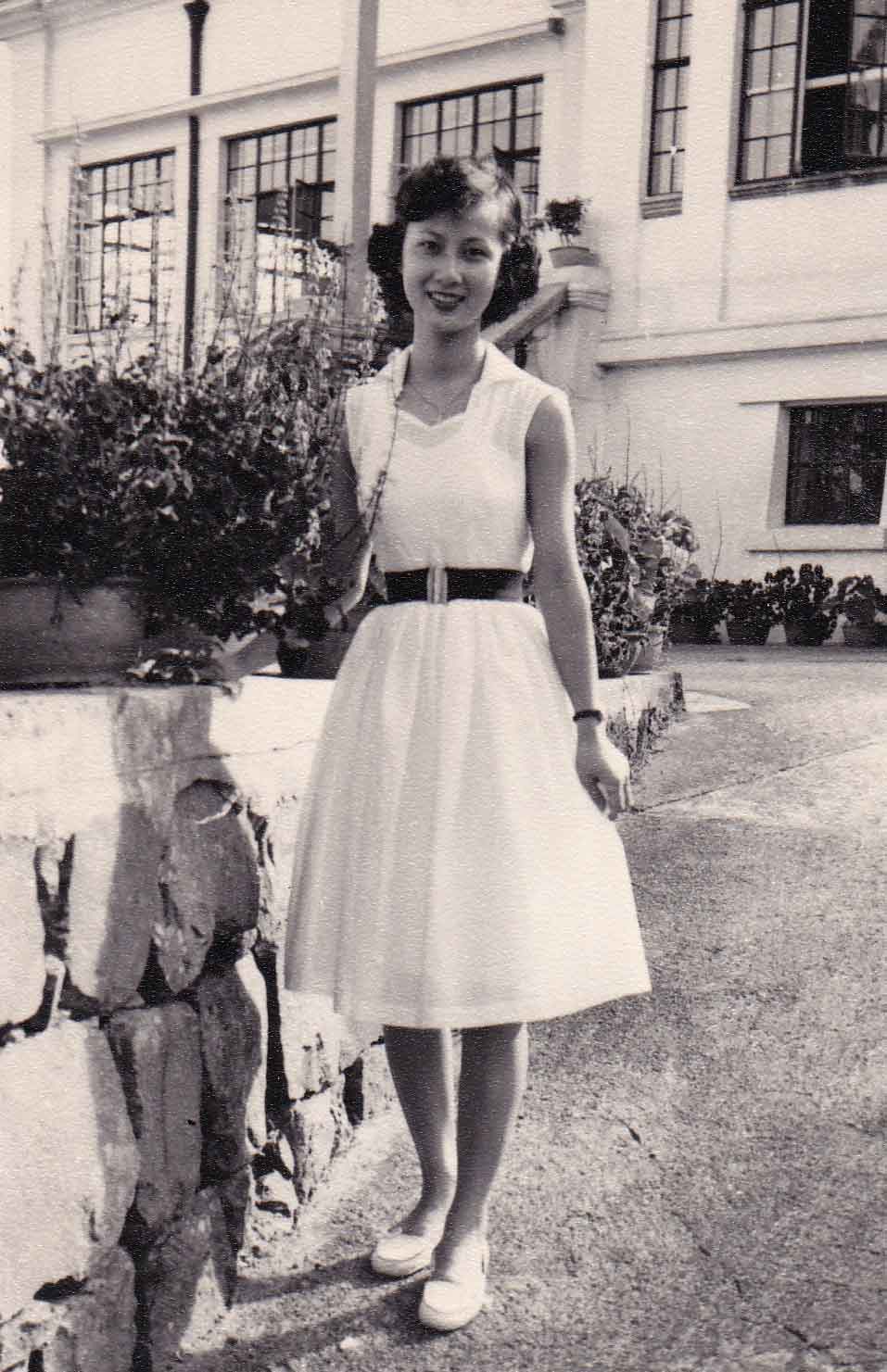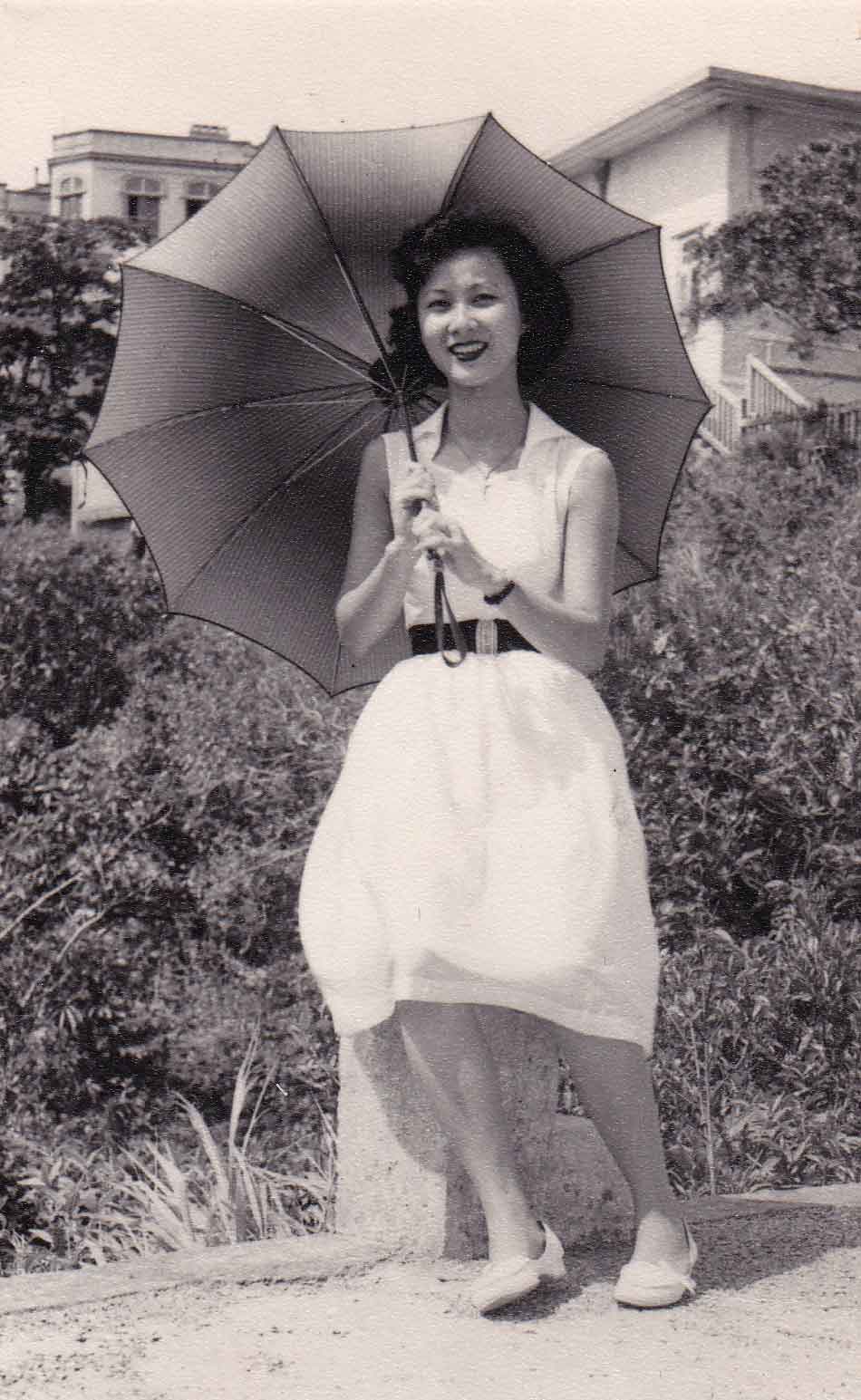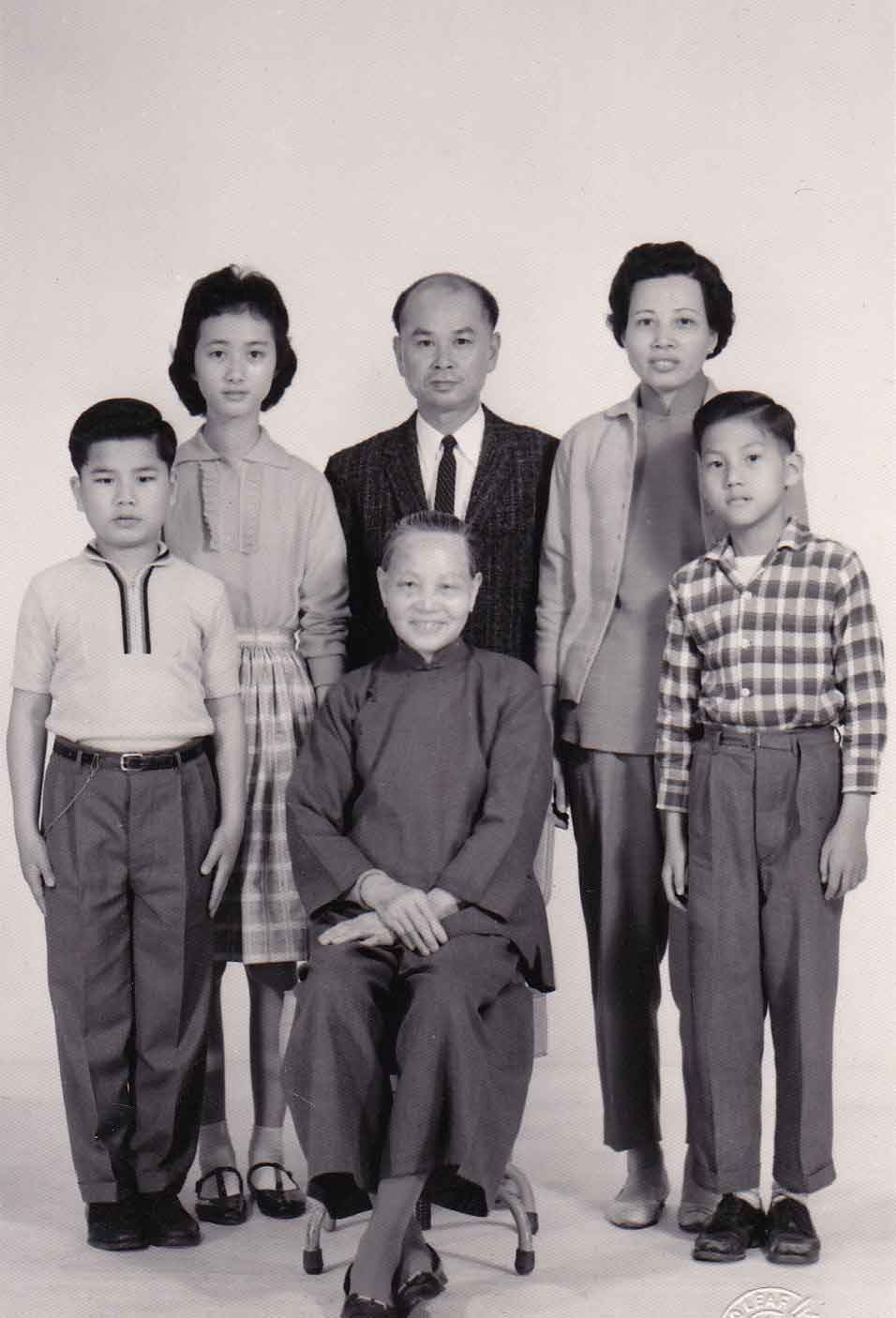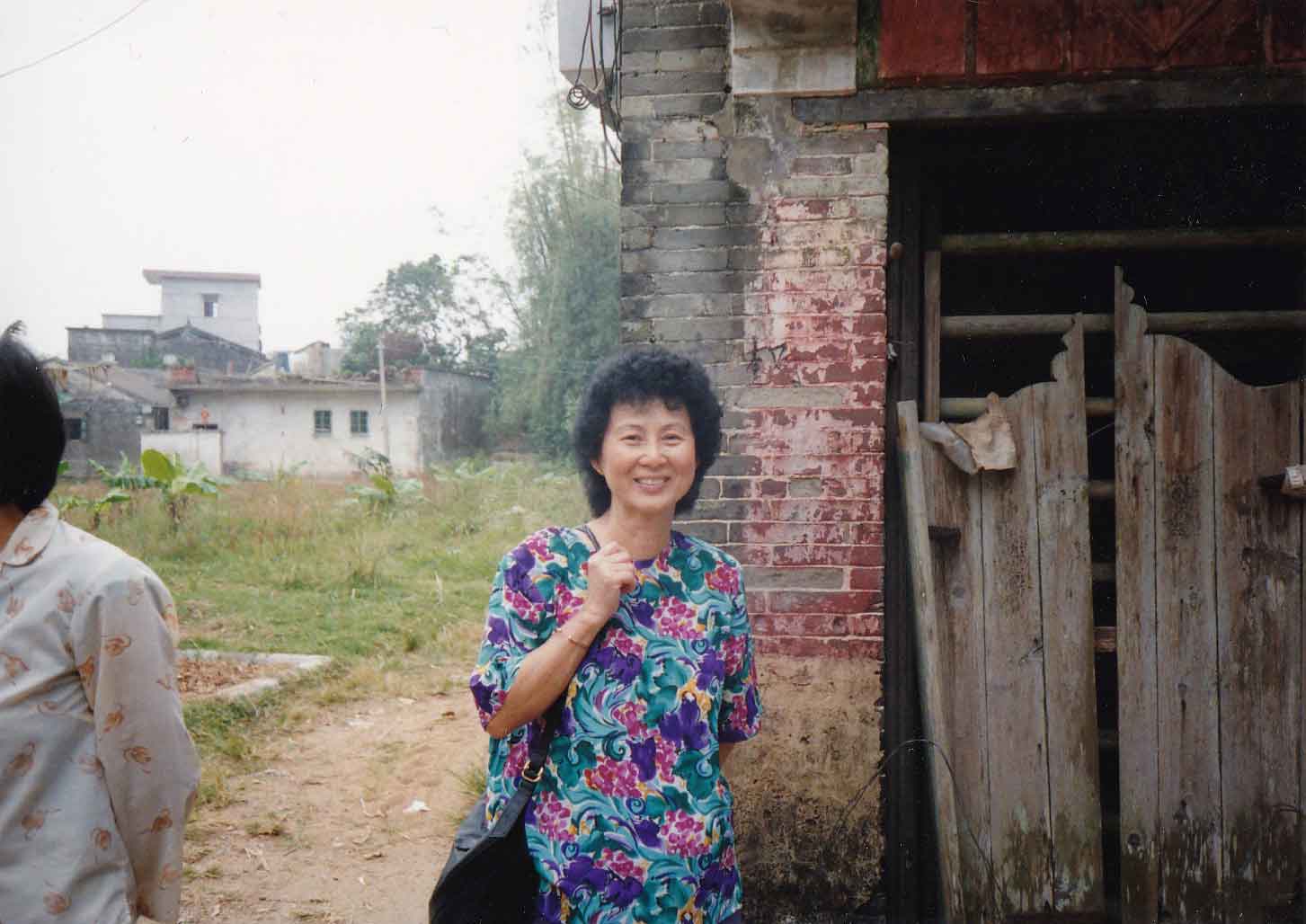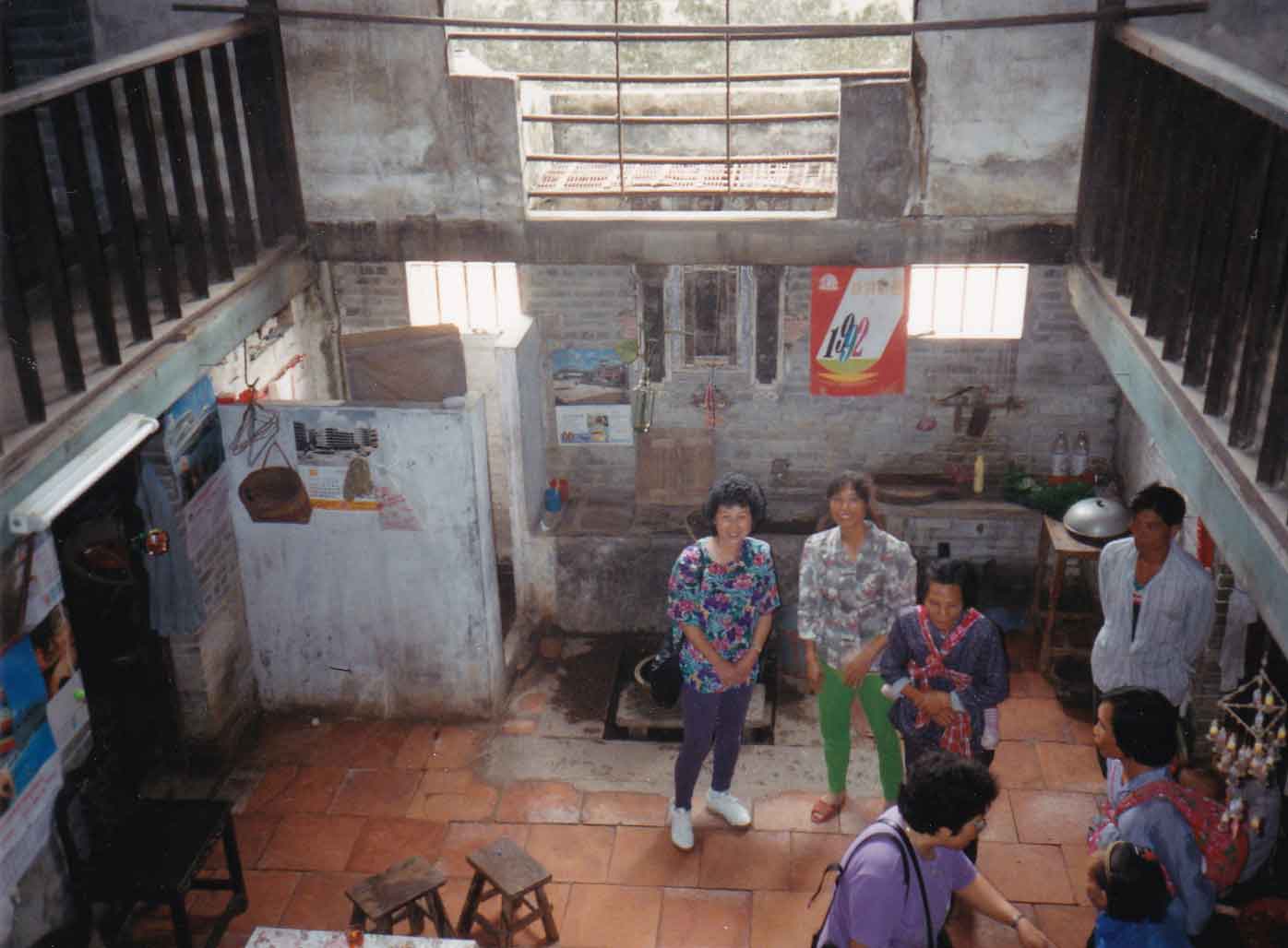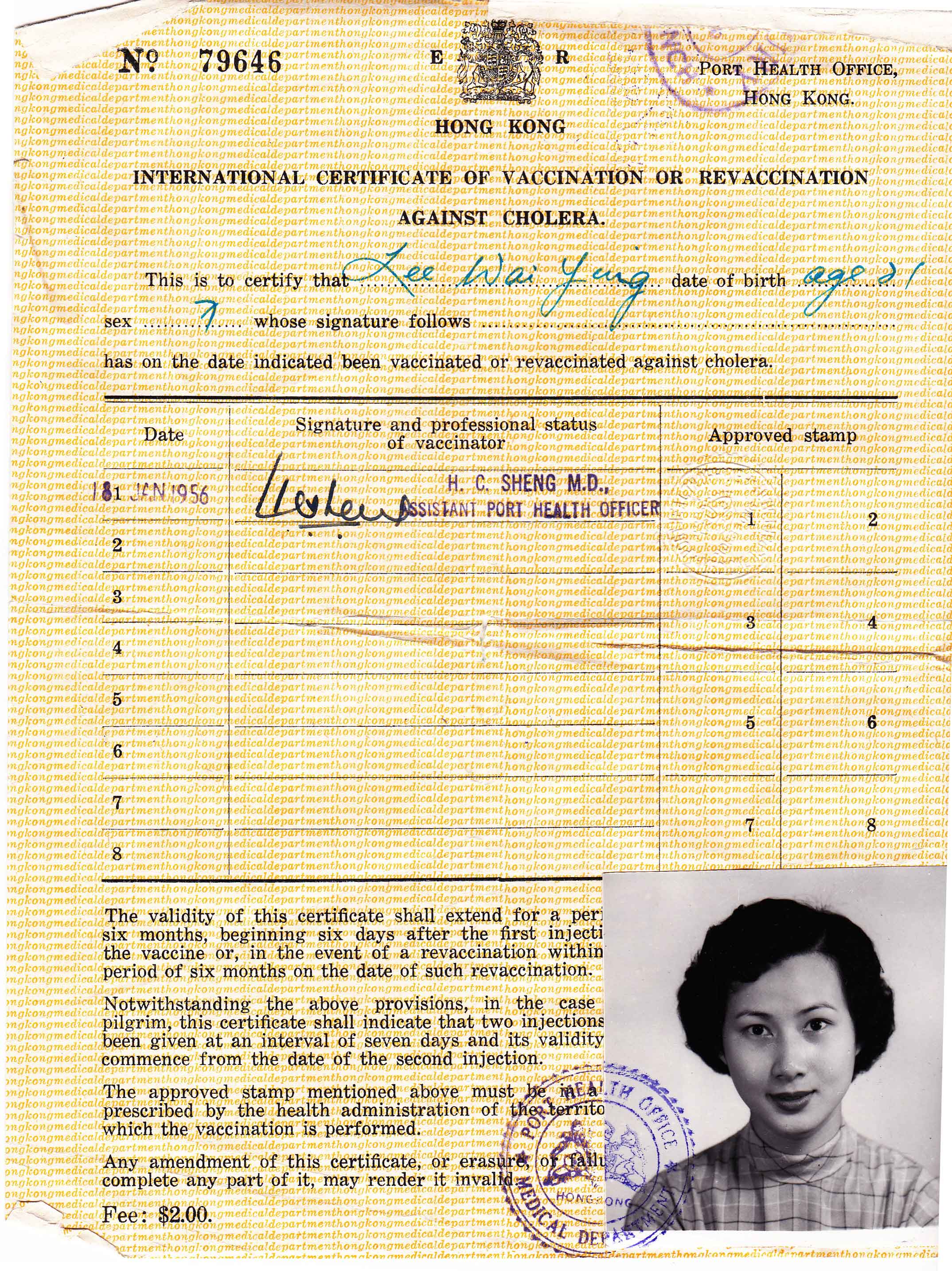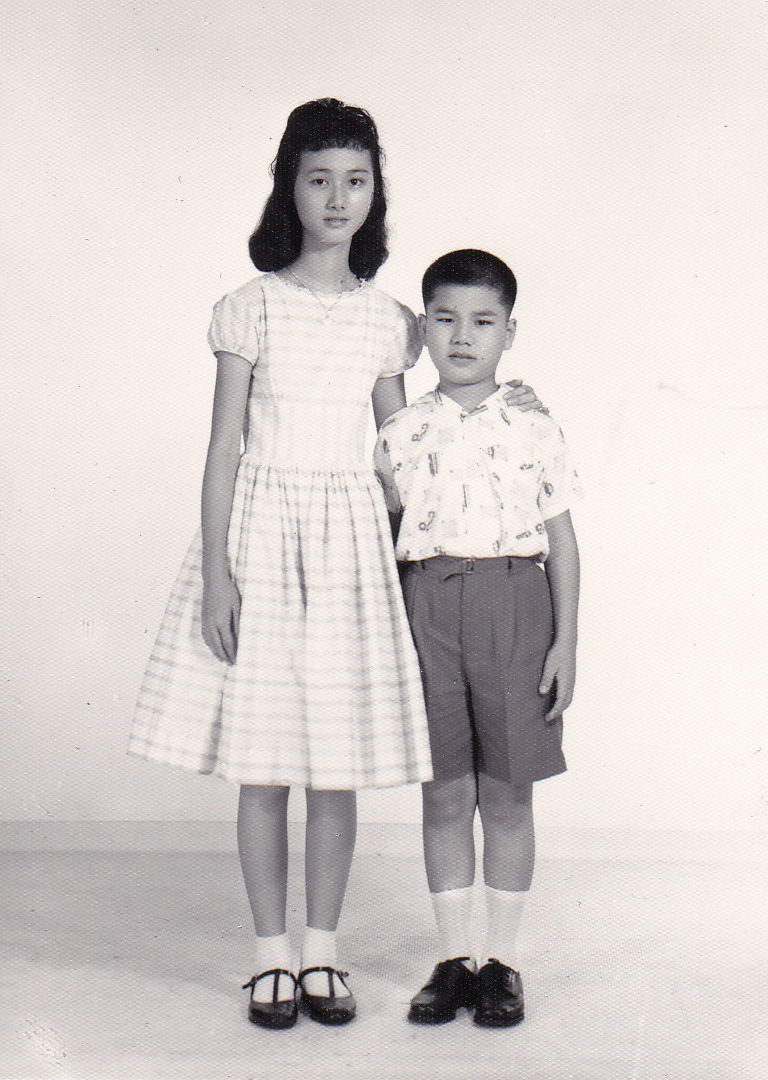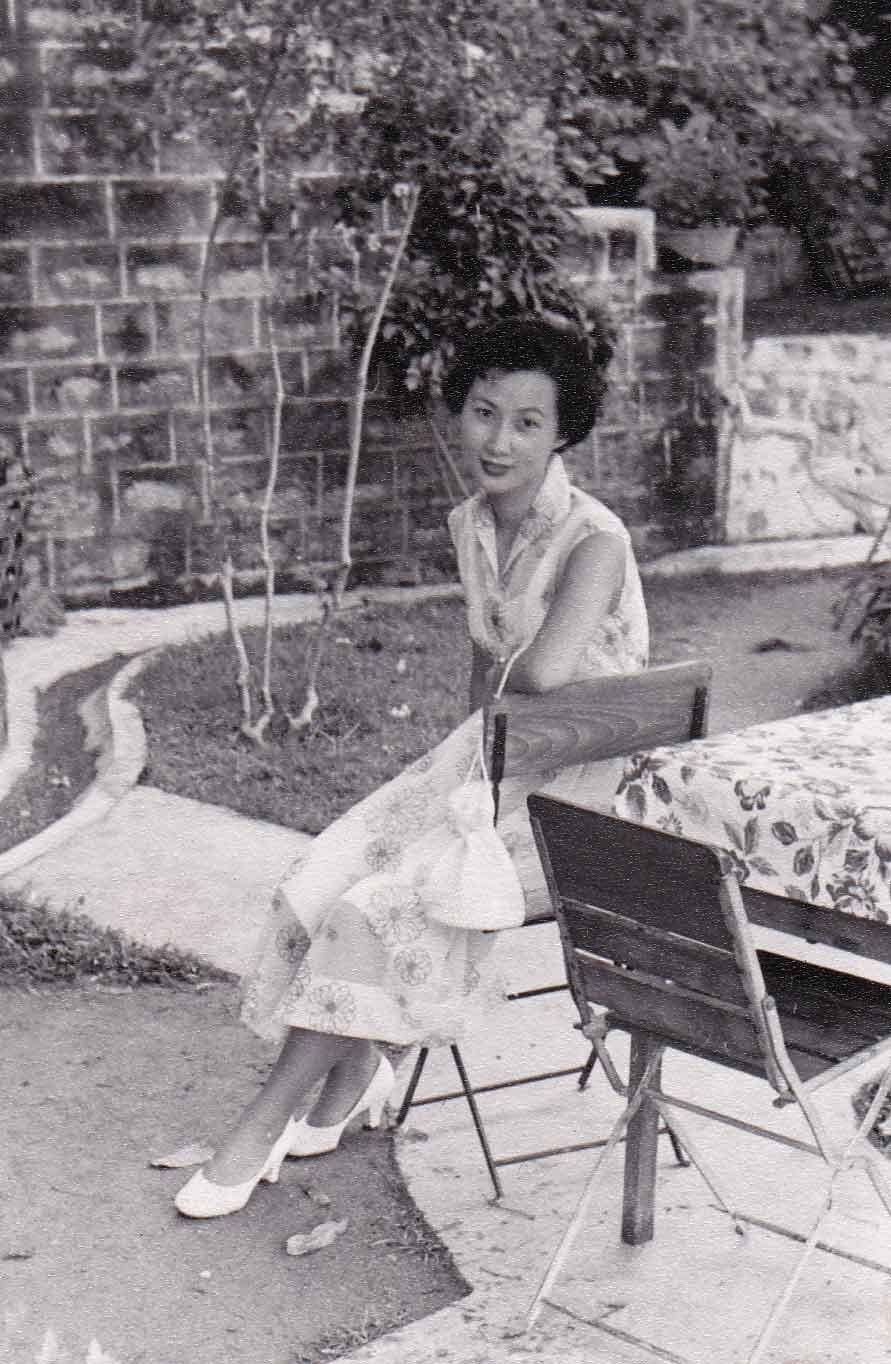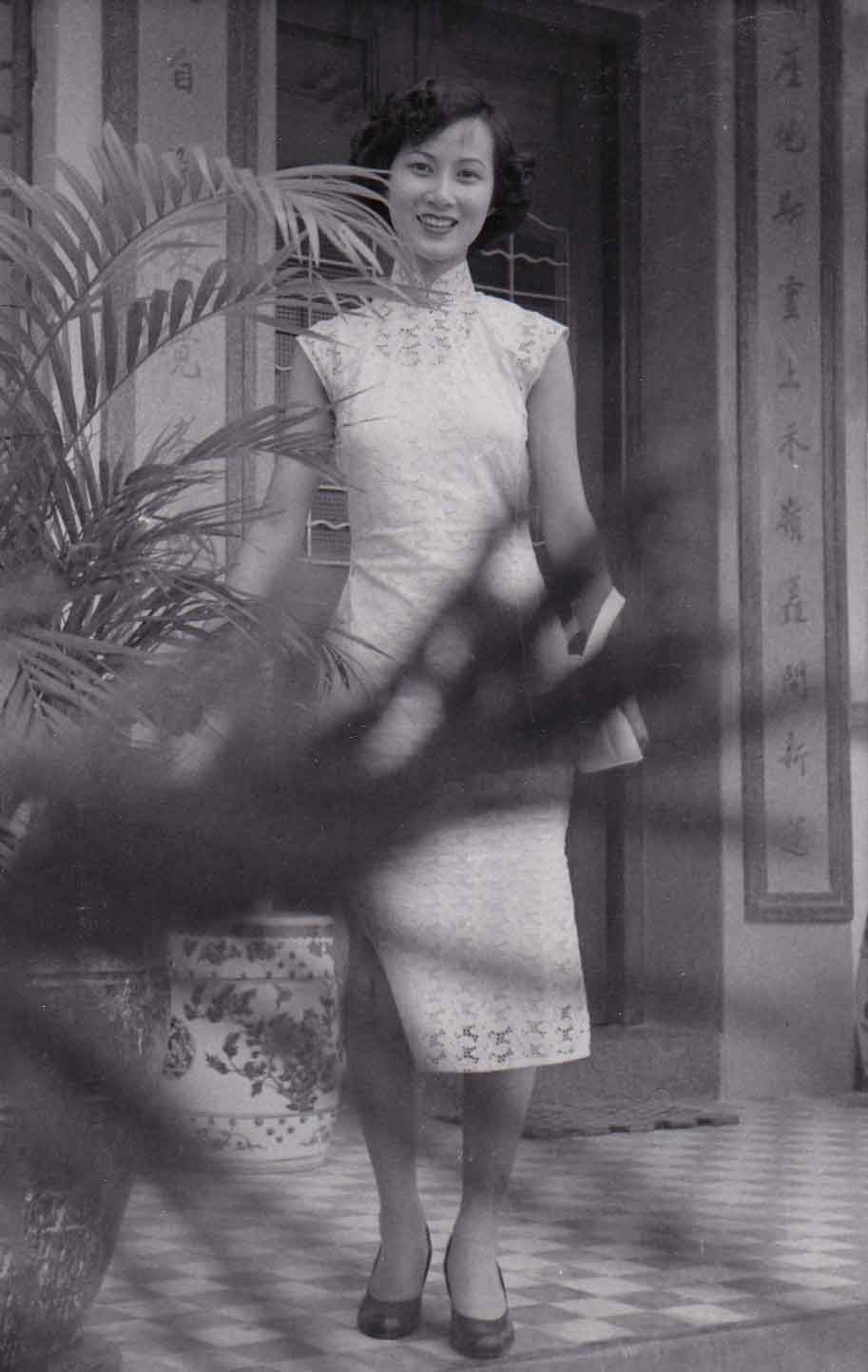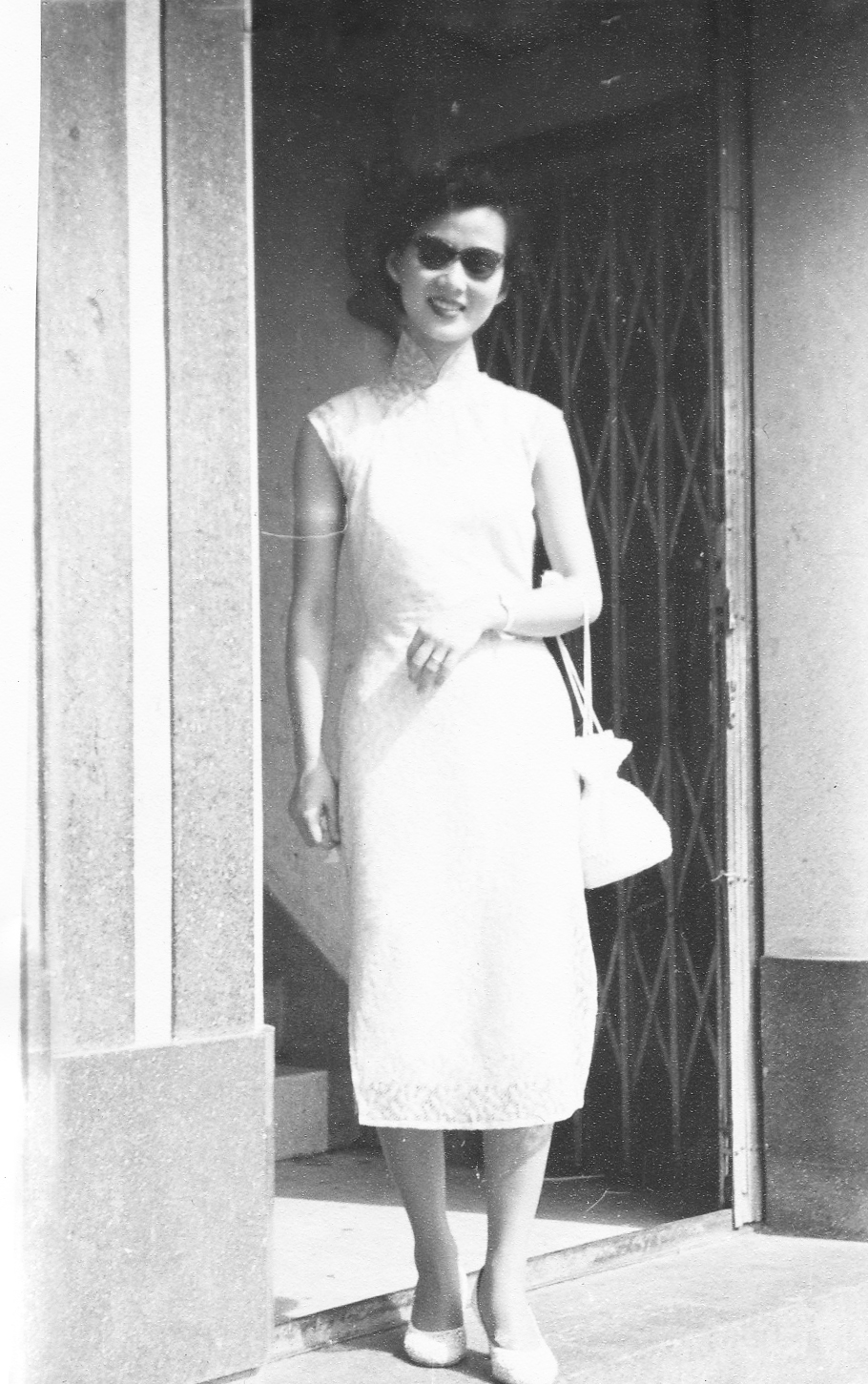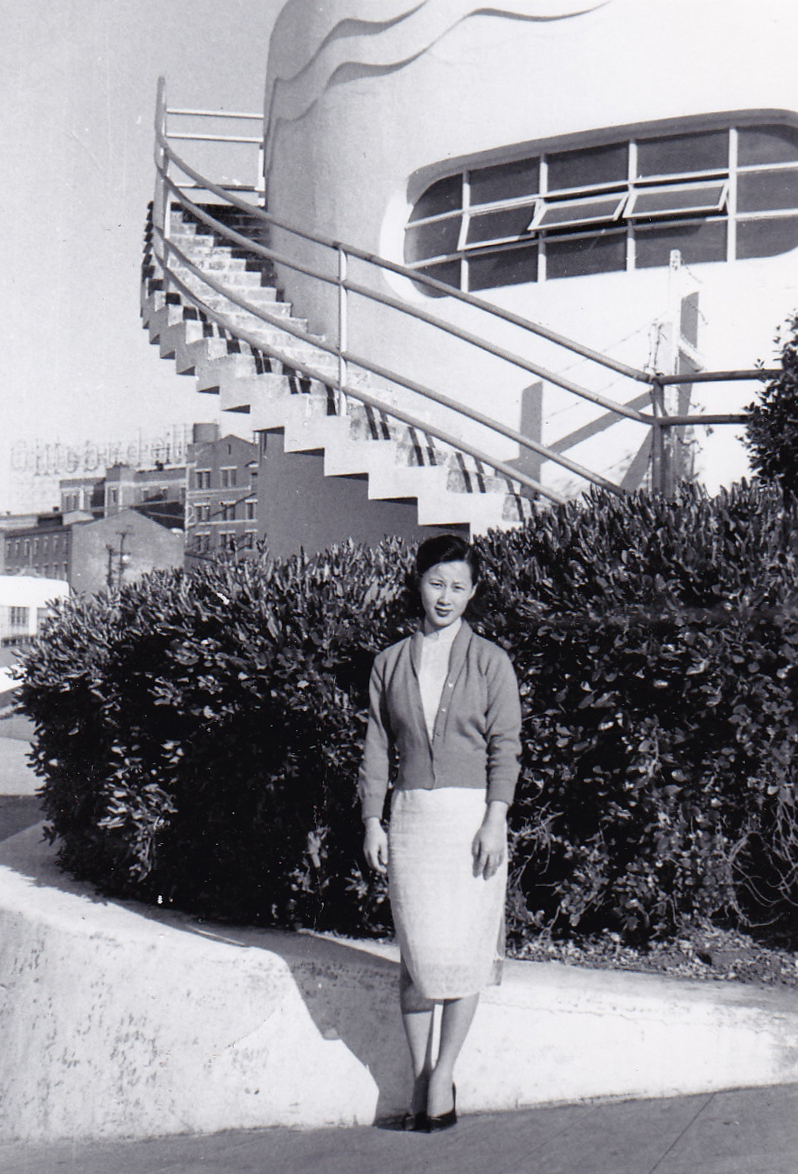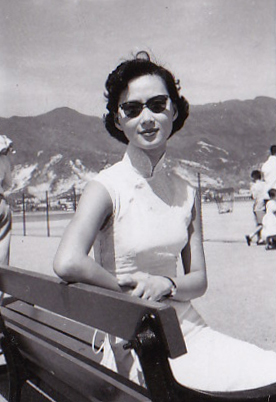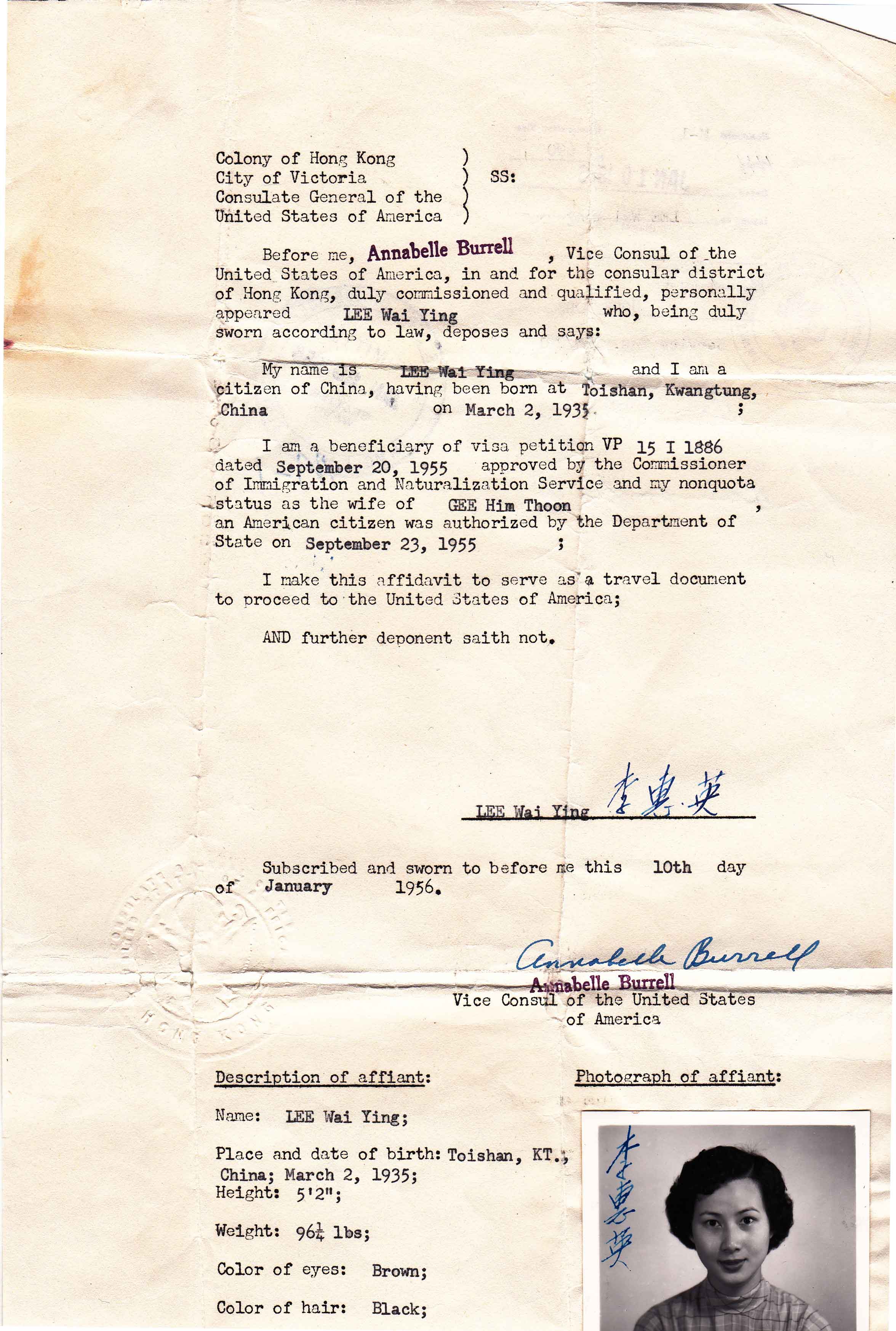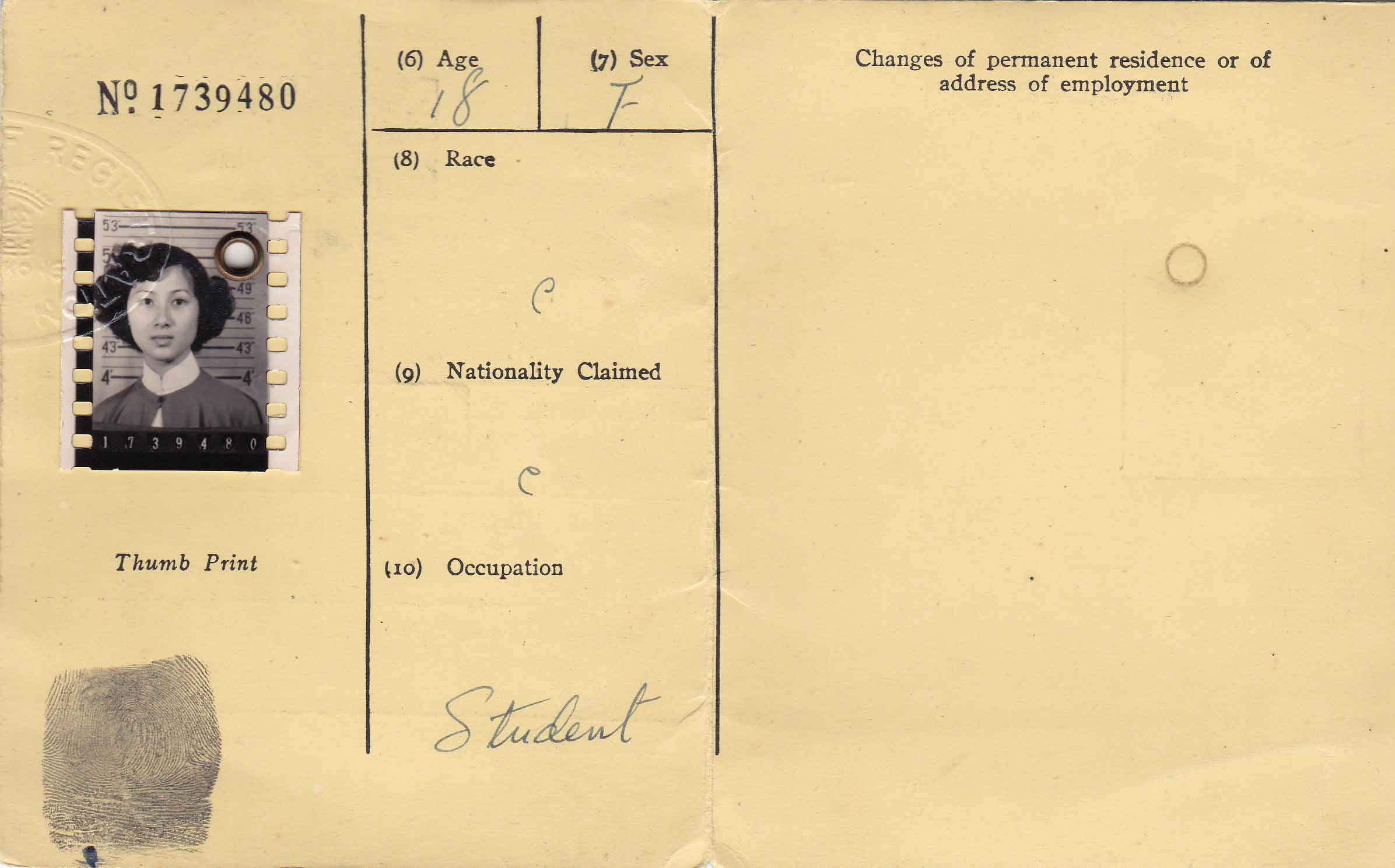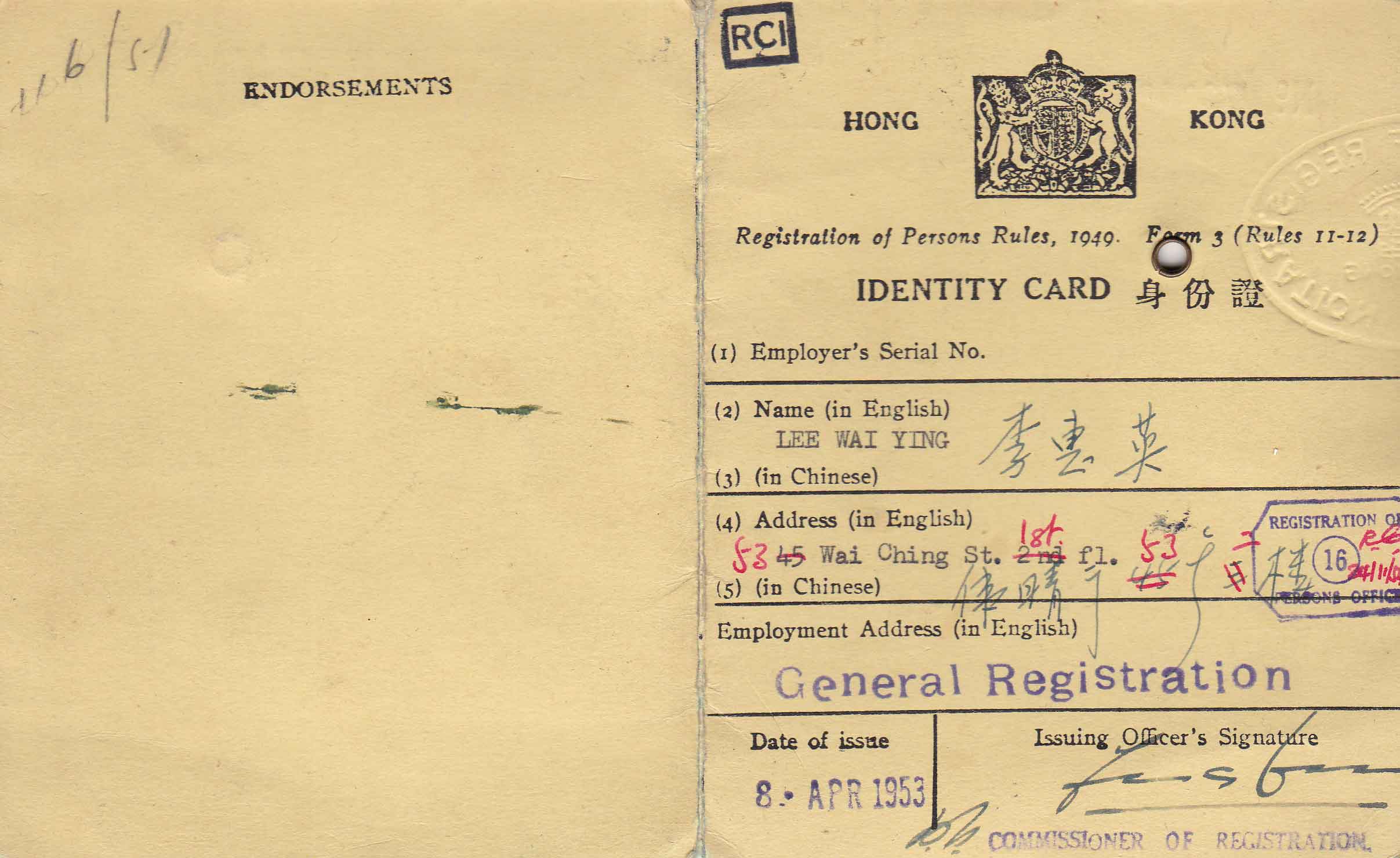
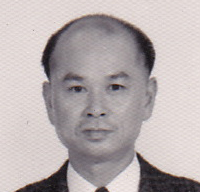
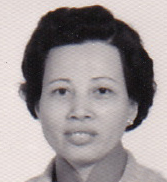
Birth
Wai Ying was born on March 2, 1935 to Lee Nging Pie (father) and Lee Ngan Oy (mother) in a small village within the Toishan Kwangtung Province of China. She would be the first of three children. Her father was a landowner and would eventually immigrate to the United States to manage a restaurant in San Francisco. They owned a small rice paddy farm that was large enough to feed the family on a daily basis, as well as produce surplus rice to sell for additional income. At the time, they lived next door to Wai Ying's paternal grandfather and grandmother. Nging was the youngest of three brothers, one of which lived with Nging's parents. Wai Ying's uncle had five daughters and she developed close relationships with the cousins closest in age to her.
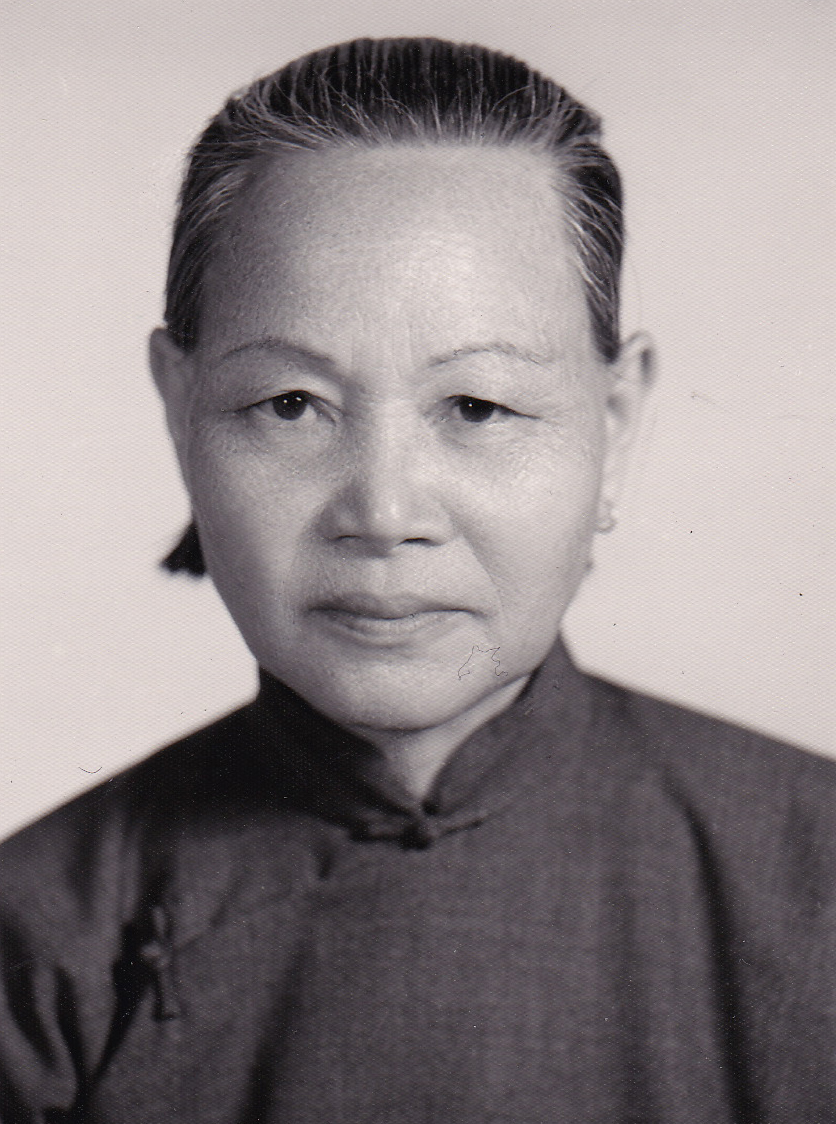
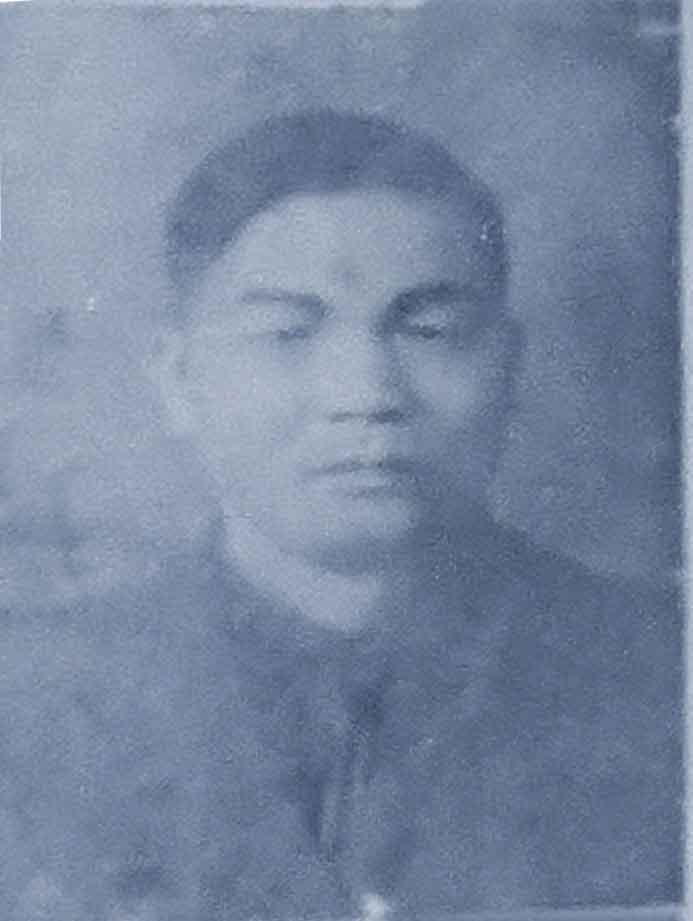
Childhood
Before the Japanese occupation, her childhood was idyllic; playing with girls her age in the village, helping her mother and their maid in the fields, keeping the chickens away from the drying grains of rice, and feeding the various farm animals. She lived in a two room stone house with no running water or electricity, but her parents were wealthy enough to hire a maid for cooking and cleaning. Instead of toys, the village children would have to use their imagination and create their own fun using what was available: dirt, mud, stones, and sticks. Wai Ying was extremely sociable. She loved staying with her friends overnight at the village's community building until there was an outbreak of lice among the girls, and her mother refused to let her go again. The village diet would consist of rice, Chinese vegetables, pork, chicken, dog, and the occasional cat. Her favorite person while growing up was her grandmother, Yee Mei. Mei lived in another village that was a three hour walk from Wai Ying's home. Her grandmother was a highly regarded midwife in her own home village. Once a month, she would make the three hour walk to see Wai Ying and her daughter, Ngan Oy. She would stay for a few days, help with the cooking and sew Wai Ying dresses to wear. At the end of her visits, Wai Ying would hide her grandmother's umbrella so she wouldn't leave. They would continue this close relationship until Mei's death in 2001 at the age of 105. As a child, she learned how to sew and knit and would develop a lifelong passion for gardening.
Her Memories
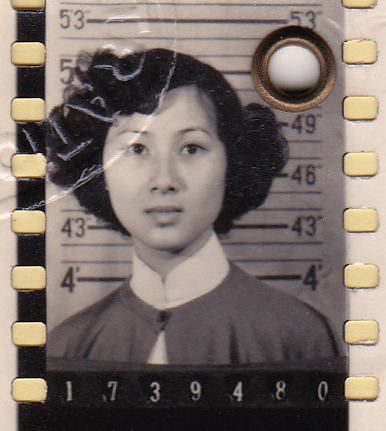
Traditions in China are intermixed with superstitions and customs. When Wai Ying was under the age of ten, her grandfather passed away. He was laid out in the main room of the family house for one week. During this time of mourning, the females in the family would hold vigils, sometimes in silence, other times with wailing. Wailing was for the purpose of having the deceased's spirit look favorably upon the wailer. After he was buried, the family could not visit another family or attend any celebrations for one year. Ten years after death, the body would be exhumed, the bones sewn together and buried again in a sitting position. If the family was wealthy, jade would be buried with the body during the inital burial to allow the spirit of the relative to enter the stone. Upon exhumation, the jade would be taken out and worn by family members for protection. It is believed the spirit of the deceased will protect the wearer of the jade piece. Wai Ying was just six years old at the beginning of the Japanese occupation of China. She would later recount memories of having to hide in the rice fields when the Japanese would enter their villages. All the females, except the very young or very old, would be forced into hiding until the Japanese left. As communism spread from the cities into the rural areas, food was becoming more scarce and property was being taken by the government; villagers could no longer sustain their families by living off their land. Her father, now in the United States, was sending money back to China to support his family. Wai Ying's parents sent her to a boarding school in the closest city. While she was at school, her younger sister, Barbara, was born in 1948, followed by a son, Donald, born in 1950. A few years after Donald's birth, their father traveled back to China for a short time to move his wife, Barbara, and Donald to Hong Kong. When Wai Ying turned seventeen, she purchased a ticket to Hong Kong. At this time, travel to Hong Kong was severely restricted by the Japanese occupiers. She would tell the authorities she was on holiday from school and going to visit her family in Hong Kong. She stayed in Hong Kong and attended school to learn English. More often than not, she and her friends would skip classes and go to the movies.
Immigrating to the United States
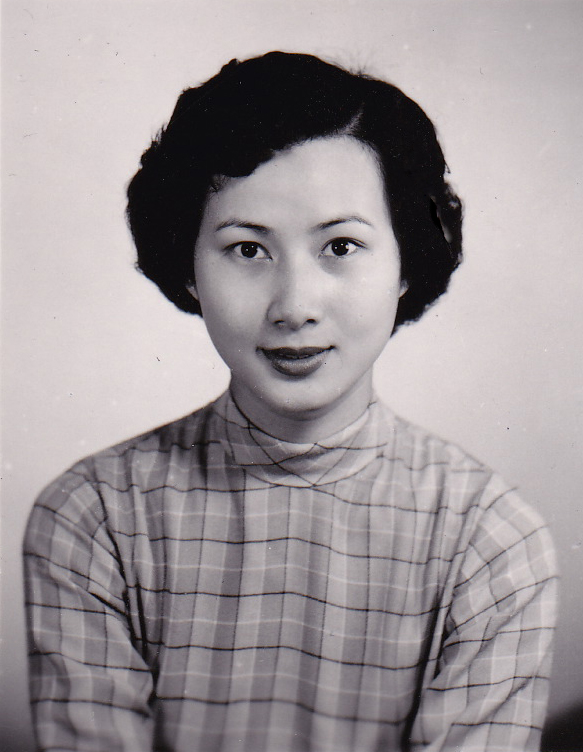
Wai Ying's parents began making plans to immigrate to the United States. By this time, her favorite grandmother, Mei, was living with them in their small Hong Kong flat. Real estate in Hong Kong was inexpensive and Nging was able to purchase the entire floor of a building that was divided into two living areas separated by a shared kitchen. His family lived on one side and they rented the other side to another family. Both families had use of the single kitchen. Their living spaces were further separated into two bedrooms. By the time Wai Ying joined them in Hong Kong, her father had gone back to San Francisco. In 1954, she met her future husband, Him Thoon, and eleven days later, they would marry in the village. Her grandmother, along with other women who were designated "matchmakers," presented him as a potential husband. She had encouraged Wai Ying to marry somebody who was already established in the United States as she knew the entire family would eventually end up immigrating to America. She did not want her granddaughter to be left alone in Hong Kong, and knew that a better future was waiting for her outside of China.
